Below are the ORIGINAL, CORRECT versions of the editing challenges. Compare them to to the corrections you made.
Keep in mind there’s often more than one way to correct the same mistake. Just because your version is not identical to mine does not necessarily mean it is wrong. E-mail me with any doubts or questions – the first three consultations are FREE!
All editing challenges are adapted from https://www.dailytoday.com or https://www.history.com/this-day-in-history (2022-2024).

On This Day: April 1
Spaghetti is not harvested from trees, regardless of a famous 1957 BBC hoax, but did you know that Apple and Gmail both got their start on the same day? Apple Computer Company was founded on April 1, 1976, by college dropouts Steve Jobs, Steve Wozniak, and Ronald Wayne. They dreamed of designing computers small and user-friendly enough for people to use in their homes, though the original Apple I, sold out of Jobs’ garage, didn’t come with a monitor, keyboard, or any kind of casing. Now, they’re the biggest tech company in the world. Gmail didn’t come along until 2004, an offshoot of parent company Google, yet, with 1.5 billion users, it remains the world’s most popular email client today.

On This Day: April 2
Although it didn’t join the Union until 1845 as our 27th state, Florida is at least a century older than any of the original thirteen colonies. Juan Ponce de León claimed it for Spain on April 2, 1513, during his search for the mythical Fountain of Youth. It being Easter, the territory was christened after la Pascua Florida. Due to hostility from native tribes, however, it wasn’t until 1565 that St. Augustine could be founded as the first permanent North American settlement. April 2 was also the day, in 1917, that President Woodrow Wilson addressed Congress, demanding that all states join the war against Germany. He got his wish four days later when the U.S. officially entered World War I.

On This Day: April 3
On April 3, 1973, Motorola engineer Martin Cooper made the first mobile phone call ever while walking the streets of Manhattan. Whom did he call? A rival at AT&T to gloat. Five years later, “Annie Hall” beat out “Star Wars” for Best Picture at the Oscars and, on the same day in 1996, the FBI also won by finally catching the “Unabomber,” Ted Kaczynski, after eighteen years and sixteen mail bombs. It sure feels good to win, but be careful not to taunt the loser too much. Having learned this lesson the hard way, on April 3, 1948, President Harry Truman signed the Marshall Plan to help all of Europe – including Germany – recover economically after World War II.
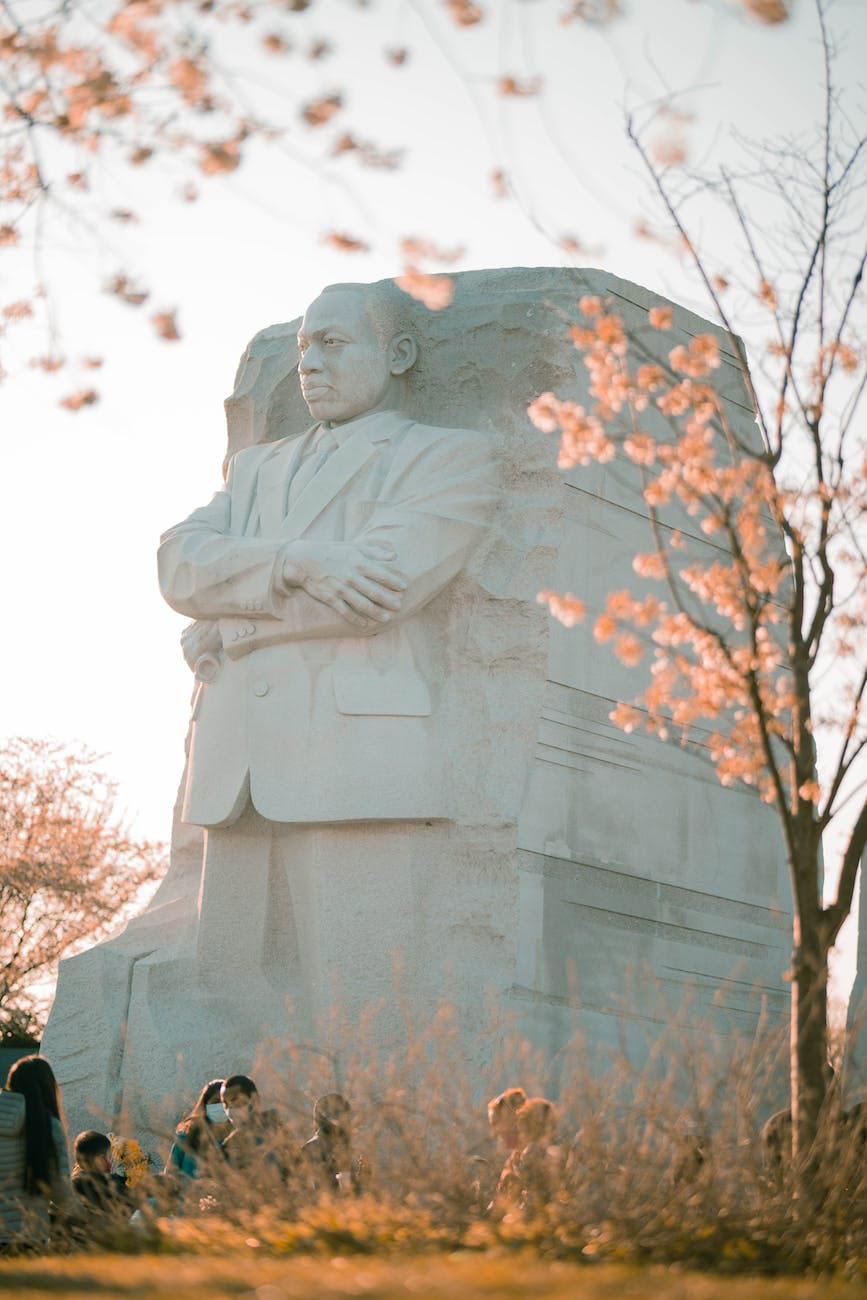
On This Day: April 4
On April 3, 1968, African-American civil rights leader Dr. Martin Luther King, Jr. addressed a crowd in Memphis, Tennessee, insisting there was no other moment in history he would rather have been part of. “…Only when it is dark enough, can you see the stars… I’ve seen the Promised Land. I may not get there with you. But I want you to know tonight, that we, as a people, will get [there].” The following day, the king of nonviolent protest was shot. Abraham Lincoln dreamed about his own funeral on April 4, 1865, eleven days before he, too, was assassinated. It’s also the same day that President William Henry Harrison died in 1841 from pneumonia, just 32 days into office.
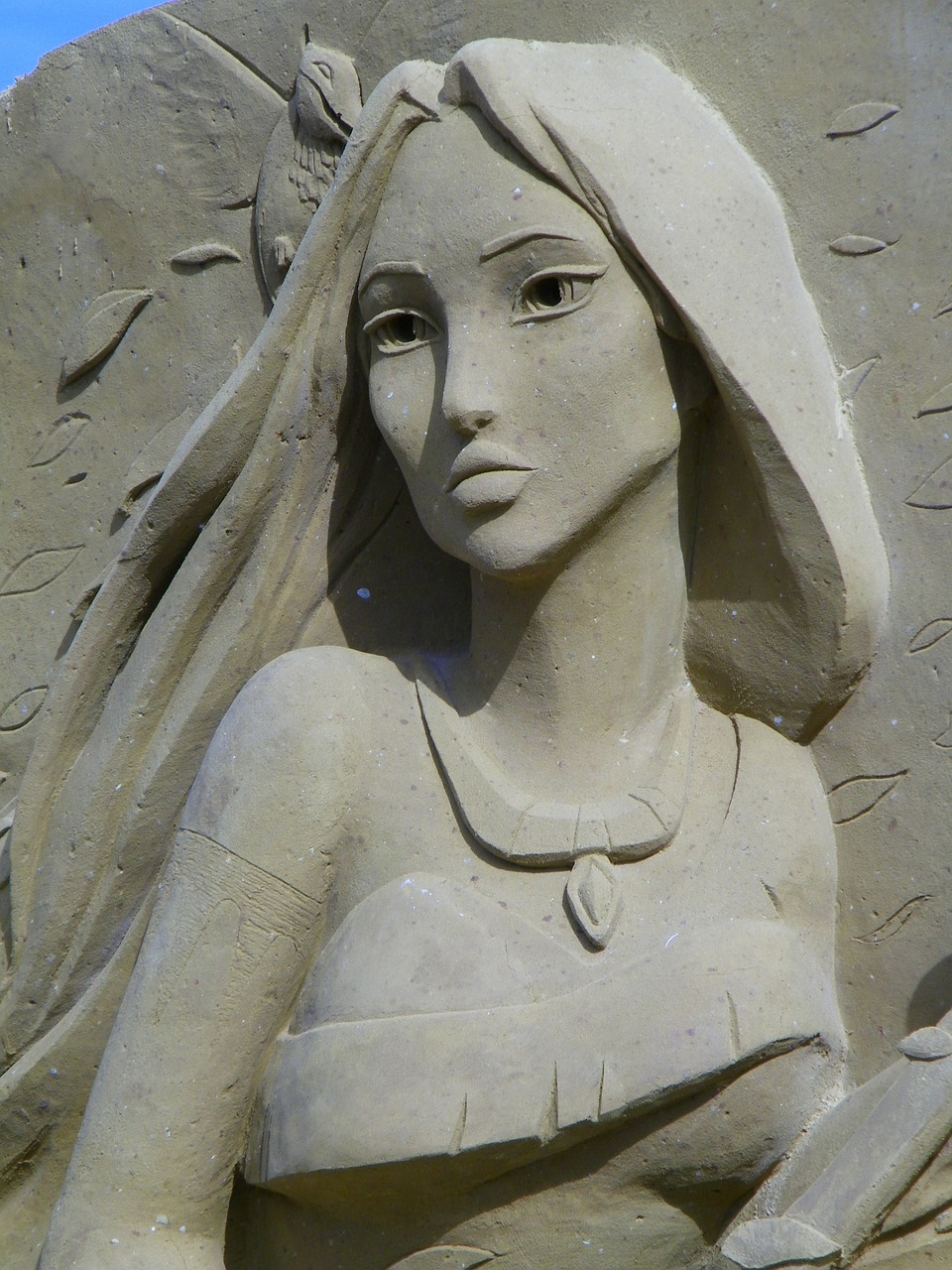
On This Day: April 5
Did you know that Pocahontas, unlike most other Disney princesses, was a real person? She was only around eleven when John Smith arrived to establish Jamestown, Virginia as the first English settlement in 1607, but he claimed that she really did save his life after he had been captured by her father, Chief Powhatan. A few years later it was her turn to be taken hostage, during which time she fell in love with John Rolfe, a tobacco farmer ten years her senior. Their marriage on April 5, 1614, brought peace to the land, but, sadly, they would not live happily ever after. Lady Rebecca, as she was now called, died from smallpox three years later while visiting England.

On This Day: April 6
Urban legend states that the first Olympics were inspired by the heroic sprint of Pheidippides, who ran 150 miles to warn the Spartans that invading Persians had landed at Marathon in 490 B.C. However, the games were already centuries old by then. They remained a holy, annual tradition for well over a thousand years before being banned by Roman Emperor Theodosius in 393 A.D. Finally, on April 6, 1896, the modern Olympics were reborn in Athens. In a similar spirit of world-unifying athletic achievement, this is also the day, in 1924, that four U.S. Army planes left Seattle, Washington, to attempt the first circumnavigation of the globe by air. Only two survived, arriving back home 175 days later.
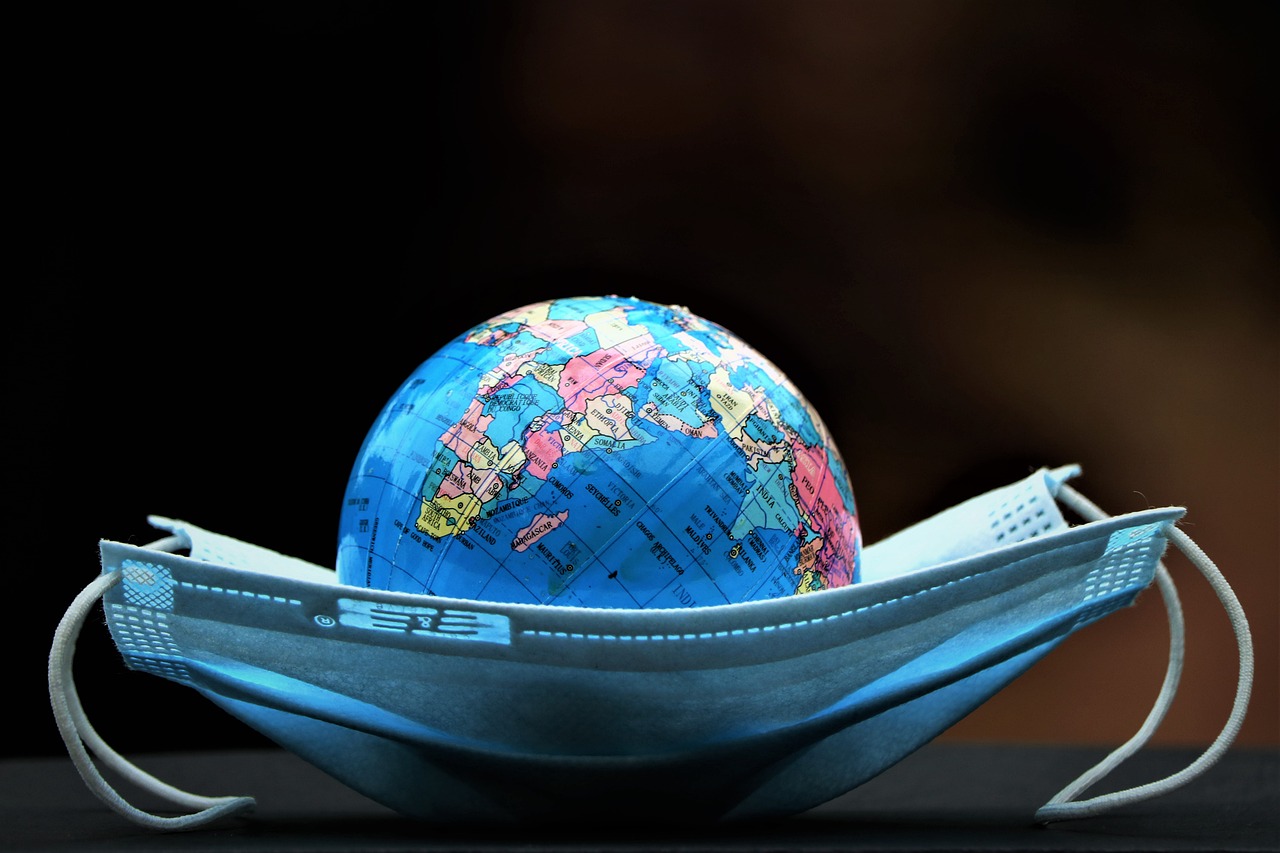
On This Day: April 7
The International Sanitary Conference of 1851 was the first attempt to combat disease on a global scale. Various other health groups popped up over subsequent years until they were all absorbed by the United Nations’ new World Health Organization on April 7, 1948, to promote health, keep the world safe, and serve the vulnerable. Sadly, neither they nor any other UN peacekeeping efforts were enough to stop Hutus in Rwanda from issuing an order over the radio this same day in 1994 for their countrymen to start murdering any minority Tutus they could find. What followed was the largest genocide since World War II, with as many as one million innocent civilians hacked to death with machetes by their neighbors.

On This Day: April 8
Prince Siddhartha, believed to have been born on April 8, 563 B.C., on the present-day border between Nepal and India, was protected his entire life from any pain or suffering. Upon finally learning what death was at twenty-nine, he gave up everything to wander the world in search of answers. He finally attained enlightenment after sitting under a fig tree for forty-nine days and henceforth became known as Gautama Buddha. Jim Abbott overcame great obstacles in life, too, to reach (something like) nirvana on April 8, 1989, when he debuted as a Major League Baseball pitcher despite having been born without a right hand. It’s also the day that the famous armless statue Venus de Milo was rediscovered in 1820.

On This Day: April 9
The American Civil War began April 12, 1861, with Confederates firing on Fort Sumter, South Carolina, and ended when Robert E. Lee surrendered at Appomattox, Virginia, on April 9, 1865. Exactly one year later, the Civil Rights Act of 1866 was passed (despite President Johnson’s veto), declaring that anyone born on U.S. soil was a U.S. citizen, regardless of race. These events caused about as many problems as they solved, but at least they were steps in the right direction. On April 9, 1939, African American opera singer Maria Anderson was still barred from performing an Easter concert at Constitution Hall in Washington, D.C., but she was welcomed, instead, at the Lincoln Memorial and sang for a crowd of 75,000.
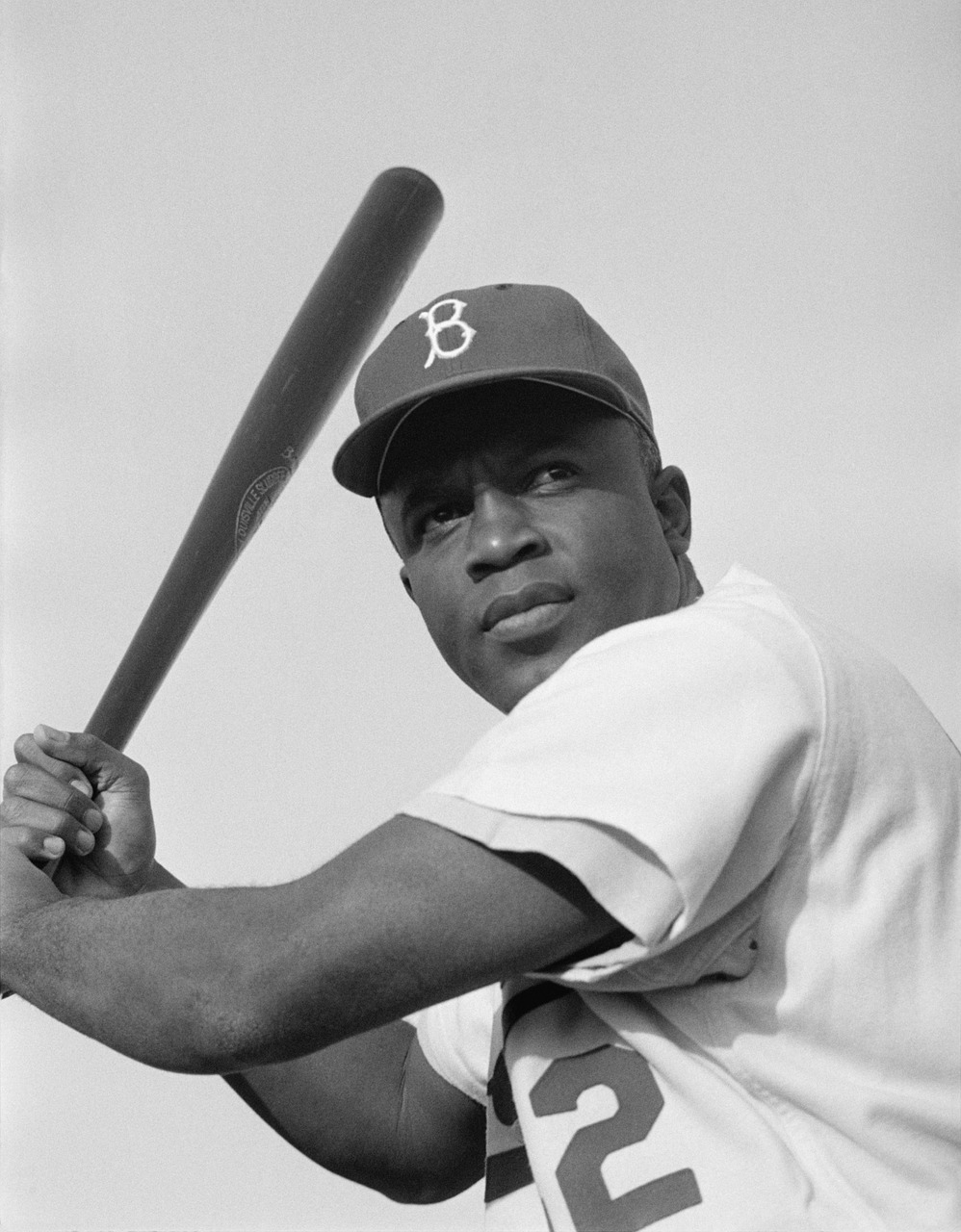
On This Day: April 10
On April 10, 1815, Mount Tambora in present-day Indonesia exploded in one of the largest volcanic eruptions ever. The sound could be heard 1,200 miles away. It’s hard to tell which was louder: that or the wail of devastated fangirls this same day in 1970 when Paul McCartney announced that the Beatles were breaking up. Walter Hunt’s groan upon realizing what a fool he’d been for selling the original safety pin patent he had received on April 10, 1849, for a mere $400 was probably also comparable. Much less disastrous, a 1971 game of ping pong paved the path to US-Chinese diplomacy, and Jackie Robinson became the second African American player to sign a Major League Baseball contract in 1947. Surprisingly, the first was Moses Fleetwood Walker back in 1884.
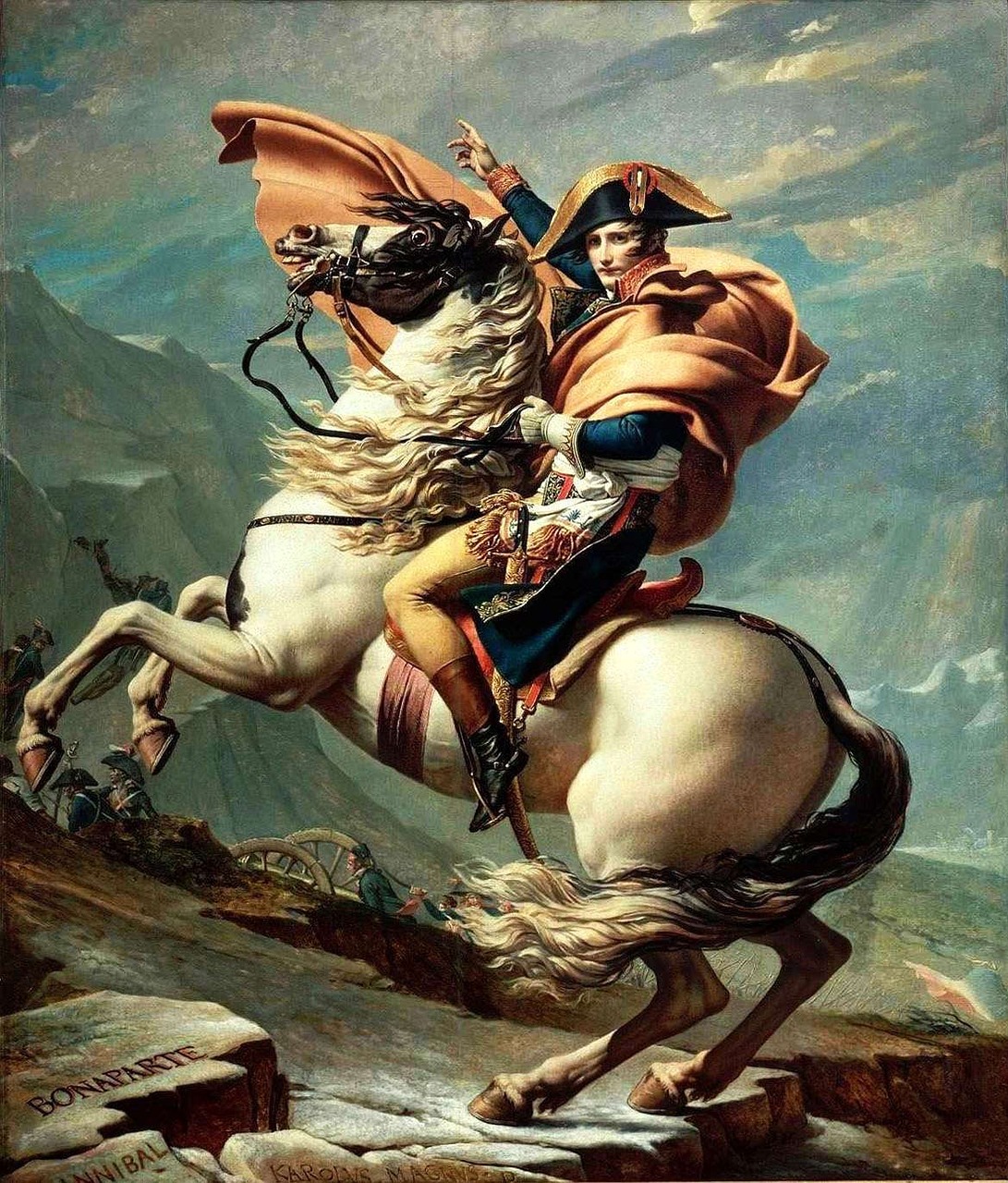
On This Day: April 11
Napoleone Buonapartes was born in 1769, the same year his homeland, Corsica, fell under French control. Despite his foreignness, one day he would crown himself Emperor of France, and nearly conquer the rest of Europe as well. It was Napoleon’s attempt to invade Russia that finally did him in. Having lost nearly 400,000 men, his troops finally broke in 1814, and he chose to abdicate his throne on April 11. He was exiled to the Tuscan island of Elba, but escaped a year later and tried raising a new army. Defeated once again at Waterloo, he was then sentenced to spend the rest of his days on the much more remote island of Saint Helena, where he died in 1821.
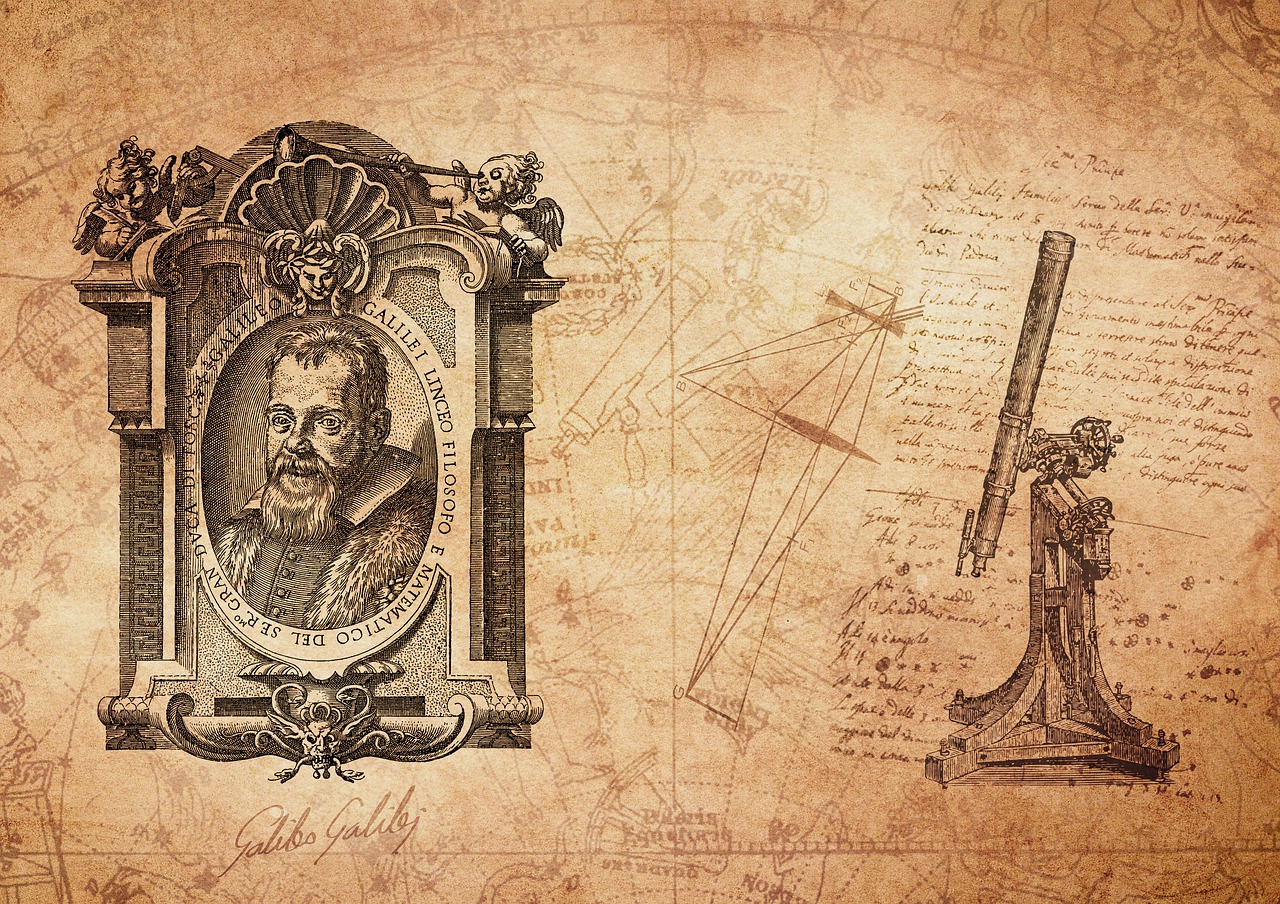
On This Day: April 12
Despite centuries of scientific proof that the Earth revolves around the Sun, the Catholic Church couldn’t stand not being the literal center of the universe. Their inquisition of Galileo Galilei, the first scientist to use a telescope, began on April 12, 1633, and ended with him confined to permanent house arrest and branded a heretic for the next three centuries. His sacrifice had made a difference, though, and on this same day in 1961, Soviet cosmonaut Yuri Gagarin became the first human in space. Twenty years after that, the first reusable space shuttle, Columbia, was launched by NASA. Over the next twenty-years, she would fly a total of twenty-eight missions before tragically breaking to pieces in 2003, killing all aboard.
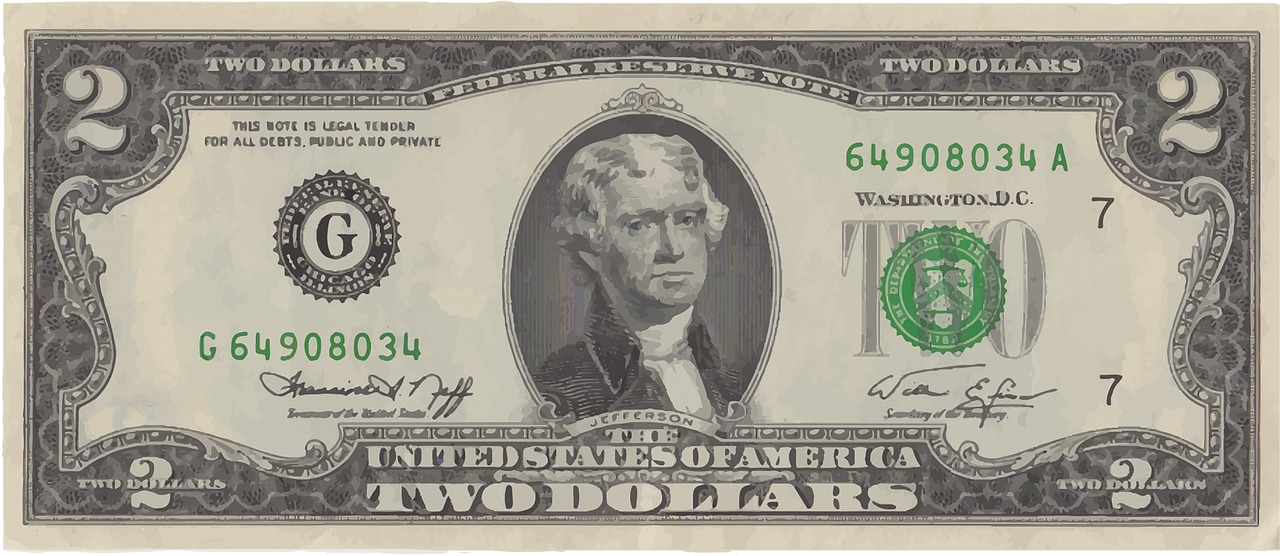
On This Day: April 13
Thomas Jefferson – the third U.S. president, principle author of the Declaration of Independence, and visage adorning our rare $2 note – was born on April 2 or April 13, 1743, depending on which calendar you use (it changed when he was nine). Today, we generally recognize the latter, and it was on the two-hundredth anniversary of that day when the Jefferson Memorial was dedicated in Washington, D.C. Not only a devout lifelong learner who founded the Library of Congress, Jefferson is also responsible for popularizing French fries, waffles, and ice cream. He probably would have loved knowing that the Metropolitan Museum of Art – the largest in America – was founded in New York City on this day, too, in 1870.

On This Day: April 14
Edgar Allan Poe published the first detective story ever, “Murders in Rue Morgue,” on April 14, 1841. There’s no mystery behind who killed Abraham Lincoln exactly fourteen years later, however, coincidentally on the fourth anniversary of the fall of Fort Sumter, which started the Civil War. Days after its end, famous actor John Wilkes Booth snuck into the President’s theater box, shot him in the head, and escaped, shouting “Sic semper tyrannis!” (ever thus to tyrants). Lincoln suffered through the night before finally succumbing the following morning. Similarly, the RMS Titanic hit an iceberg around 11:40pm off of Newfoundland this same day in 1912, but didn’t technically sink until 2:20am, dragging more than 1,500 passengers to a cold, watery grave.

On This Day: April 15
Brothers Maurice and Richard McDonald opened their first restaurant in 1940, offering a limited menu at twice the speed and half the price of competitors – you could buy a hamburger for just fifteen cents! Ray Kroc stepped in and founded McDonald’s System, Incorporated, on April 15, 1955. Now, it’s the largest fast food chain in the world. If you’re looking for something a little healthier for your brain to chew on, Samuel Johnson published his definitive dictionary on this same day in 1755. Working alone, it had only taken eight years to compile all 40,000 words! Noah Webster’s, first published on April 14, 1828 and still around today, was nearly twice as long and revolutionary in its embrace of Americanisms.
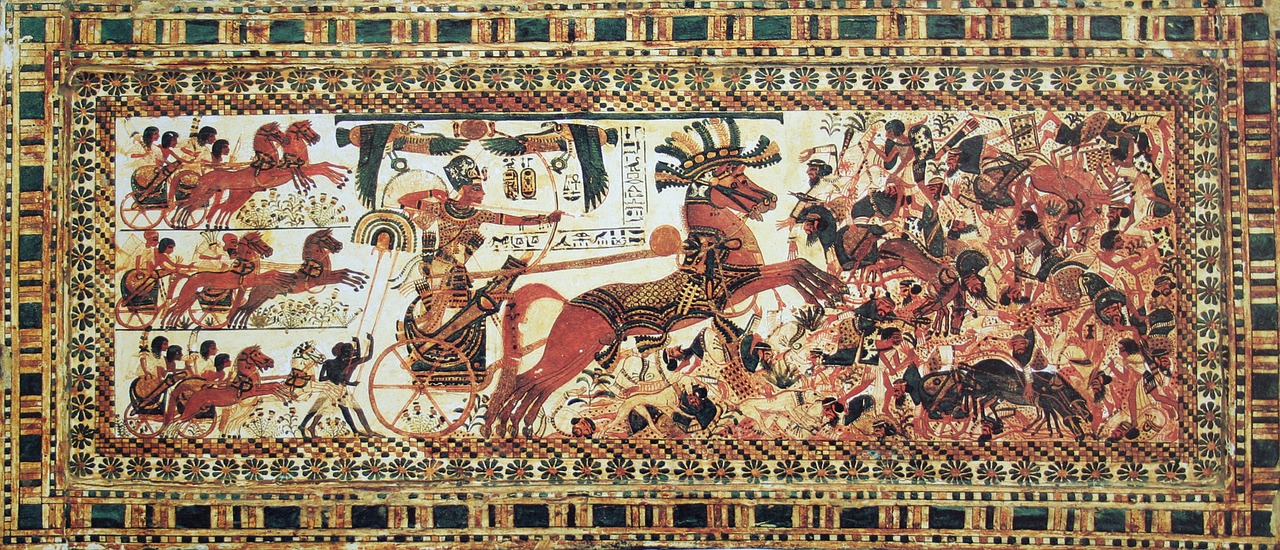
On This Day: April 16
Mark Twain once wrote, “God created war so that Americans would learn geography.” Can you tell me where I could find Megiddo (origin of the word “Armageddon”)? If you also believe that the history of mankind is the history of war, then this is where history began on April 16, 1457 BC. At least, it’s the first battle we have any reliable records of. Egyptian Pharaoh Thutmose III defeated the Canaanites in modern-day Israel two-to-one. Not to be outdone, Martin Luther appeared before the “Diet of Worms” this same day in 1562 AD, but that was just a group of Catholics trying and failing to make him deny his heretical beliefs, and nothing to do with giant worm monsters.

On This Day: April 17
Canada Day, every July 1, is all about the various provinces uniting together under (not against) Britain in 1867. Similar to the US, Canadians don’t actually celebrate the date of their official recognition as a sovereign, independent nation, April 17, 1982. That’s the same day, in 1961, that we tried messing with the autonomy of another neighbor: The Bay of Pigs Invasion was a disastrous attempt by CIA-trained Cuban refugees to overthrow Fidel Castro. His crimes paled in comparison to Pol Pot’s, however, who rose to power in Cambodia on April 17, 1975. The Khmer Rouge murdered two million citizens – a quarter of the country’s population – for as little reason as wearing glasses or speaking a foreign language.

On This Day: April 18
“Listen, my children, and you shall hear of the midnight ride of Paul Revere on the eighteenth of April in [1775].” So begins Henry Wadsworth Longfellow’s famous poem immortalizing the patriotic hero who rode through the night from Boston to warn colonist rebels in Concord that the British had found out about their hidden stash of weapons. There are many inaccuracies, however. First of all, Revere did not ride alone and he would never have yelled, “The British are coming!” It was a top secret mission and they were all English. Revere was detained a few miles outside of Boston, but his message still got through in time for the opening shots of the Revolutionary War the very next day.
On This Day: April 19
The “Shot Heard ‘Round the World” was fired around 5 a.m. on April 19, 1775, when seven hundred British troops marched into Lexington, Massachusetts, to discover seventy-seven armed militiamen waiting for them. No one knows who fired first, but within minutes there were eighteen dead or wounded Americans and only one British casualty. The Redcoats continued to Concord, feeling pretty good, but this is when the tides turned. Hidden along the roadside, the Patriots employed novel guerilla tactics to shoot and run instead of confronting their enemy directly. By the end of the day, this cost the Crown three hundred men. No other European colony had ever stood up like this before and demanded freedom. The American Revolution had begun.

On This Day: April 20
On April 20, 1999, two teenagers murdered twelve classmates at Columbine High School in Littleton, Colorado. There have been many more school shootings in the United States since then (on average, about ten a year), and worse body counts, like Sandy Hook in 2012, where twenty kindergarteners died, and Virginia Tech on April 16, 2007, with fifty-six casualties. Clearly, it’s not a problem that will get better on its own, and they’re not the only mass attacks, either. A truck bomb in Oklahoma City killed hundreds on April 19, 1995, and the National Guard burned eleven children to death on April 20, 1914, as part of their massacre of striking miners in Ludlow, Colorado, just three hours south of Columbine.

On This Day: April 21
While some myths claimed Romulus and Remus were descended from the great Trojan hero Aeneas, others peg the twins as sons of Mars, the god of war himself. An evil king tried to murder them as babies, but a she-wolf nursed them until they could be discovered by the good shepherd Faustulus. As adults, they wanted to found a new city on the spot where they had been rescued as infants. Romulus killed his brother for the right to name it “Rome,” and the rest is history. First-century scholar Marcus Terentius Varro began the tradition of celebrating April 21, 753 B.C., as the city’s founding date because it coincided with a festival honoring Pales, the goddess of shepherds.

On This Day: April 22
Evidence of poisoned arrows dates back three thousand years, Athenians contaminated Spartan drinking water, and the ancient Chinese used bellows to pump arsenic fumes towards their enemies. Perhaps the most famous use of chemical warfare, however, comes from World War I, beginning on April 22, 1915, when the French were bombarded by deadly chlorine gas. Even their German attackers were shocked by the panic that ensued, but gas masks were quickly developed, rendering their advantage moot. Instead of continuing to poison each other and the environment, U.S. Senator Gaylord Nelson of Wisconsin proposed a day of international unity aimed at increasing ecological awareness – Earth Day. This annual holiday was celebrated for the first time on April 22, too, in 1970.

On This Day: April 23
America’s first public school, the Boston Latin School, opened on April 23, 1635. Remarkably, it remains in operation today. They are no doubt big fans of William Shakespeare, who was also born on this day in 1564. “The Merry Wives of Windsor,” one of his comedies, debuted in a special performance for Queen Elizabeth on his thirty-third birthday. Off to science class, on April 23, 2009, a gamma ray burst was observed for ten seconds, the oldest and most distant known object in the universe. Once school is over, feel free to kick back and relax on YouTube, which uploaded its first video of cofounder Jawed Karim visiting the San Diego Zoo on this day, too, in 2005.

On This Day: April 24
Few military stratagems have captured the imagination like Odysseus’ giant, wooden Trojan Horse. Did it ever really exist? Historians can’t be sure, but the fact that it was mentioned only briefly in the Odyssey, and then not again until Virgil’s Aeneid, more than a thousand years later, does not bode well. If true, the attack took place on April 24, 1184 B.C., the same day as several other major political revolts. Most famous was the 1916 Easter Rising to kick the British out of Ireland. Spain declared war against the U.S. over Cuba in 1898, sparking the Spanish-American War, and Mao Zedong’s Communist forces rode into the capital city of Nanjing unopposed in 1949, wrenching control from the ruling Nationalists.
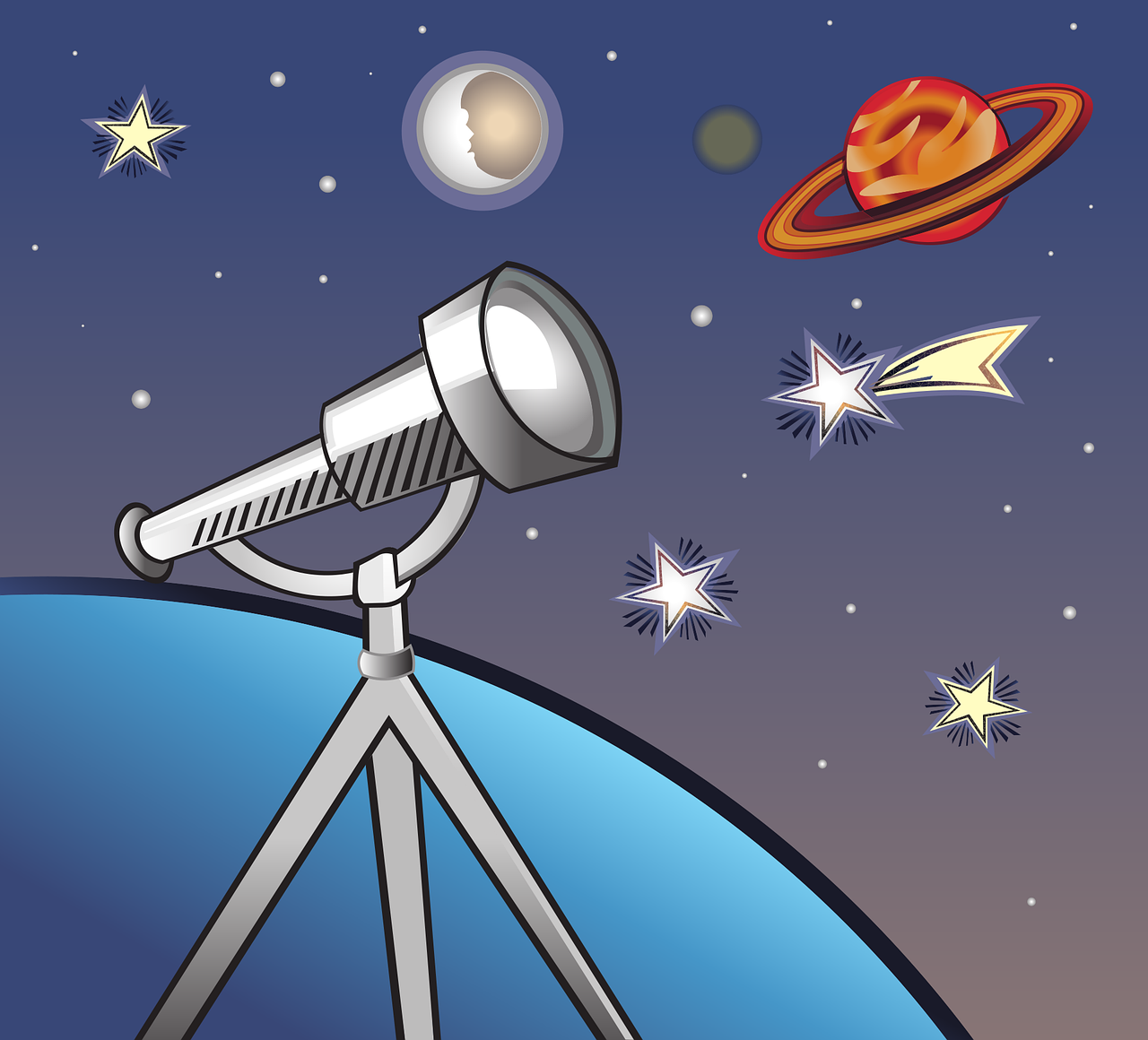
On This Day: April 25
Humans have looked to the skies since the dawn of civilization, but were limited by what could be seen by the naked eye. Galileo Galilei changed that in 1609 when he constructed the first telescope. In 1923, German rocket scientist Herman Oberth theorized about launching satellites beyond our atmosphere to observe the stars better, and American Lyman Spitzer worked out a way to do it twenty-three years later. Nonetheless, it would still take decades more to attract enough interest and funding to make such a project possible. The Hubble Space Telescope, named after Edwin Hubble, who discovered that the universe is expanding, wasn’t launched until April 25, 1990. Since then, it has revolutionized our understanding of the galaxy.

On This Day: April 26
April 26, 1937, started off just like any other in the small Basque village of Guernica in northern Spain. Then bombs began to drop. Nazi aircraft blasted the streets for hours, killing one third of the five thousand residents in the first Blitzkrieg ever. Worst of all, this test attack had been invited by Spain’s own ruler, Francisco Franco. Hitler’s secret police, the Gestapo, was also formed this same day, six years later. Disaster struck yet again in 1986 at the Chernobyl Nuclear Power Plant in modern-day Belarus when engineers unwittingly set off the largest nuclear blast of its kind to date. Only thirty-two died directly, but thousands more would follow as millions of acres of surrounding farmland were contaminated.
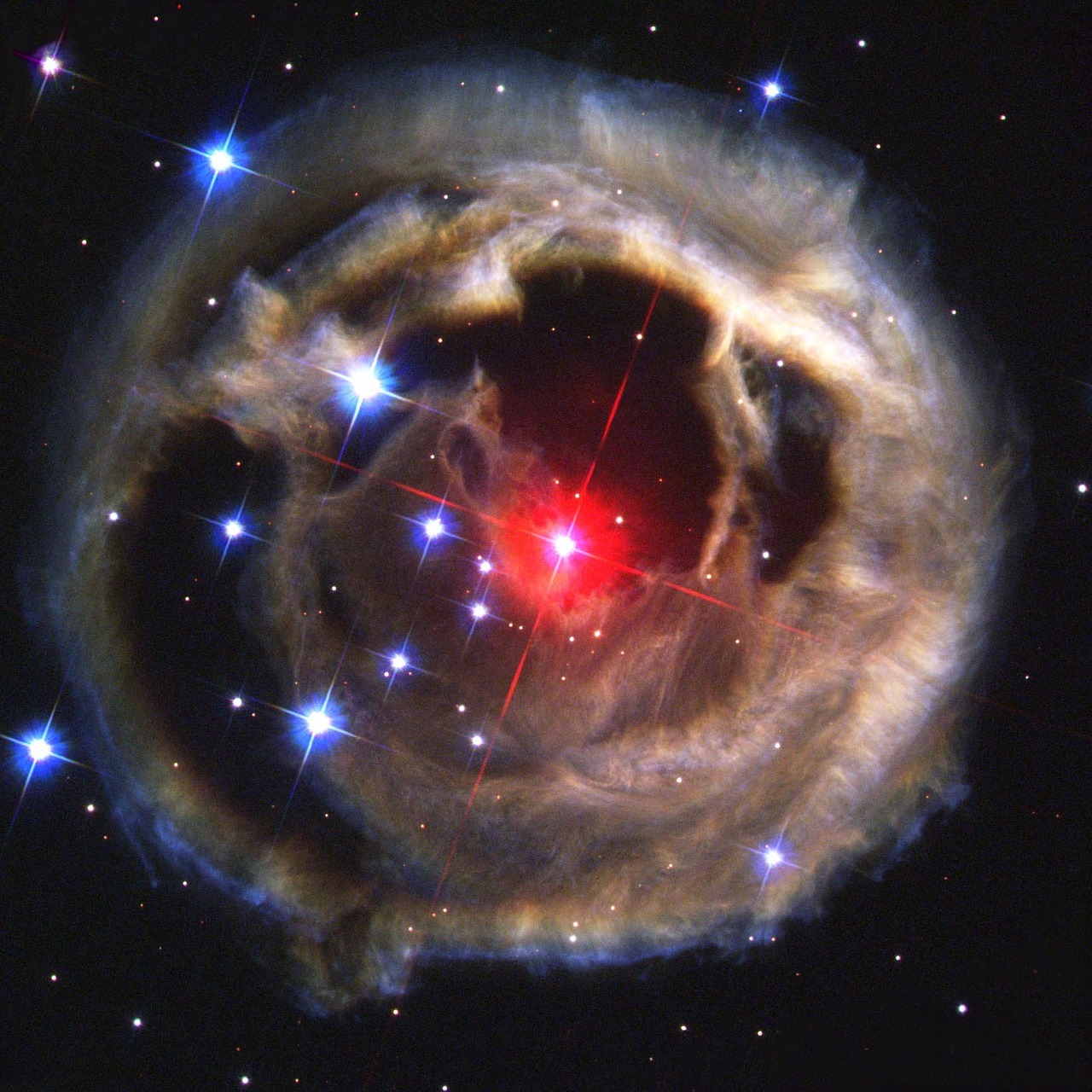
On This Day: April 27
German mathematician Johannes Kepler contributed many important theories to science, such as proving that planets moved in ellipses (not perfect circles), calculating their distance from the sun, and revealing how eyes work. One thing he got very wrong, however, was insisting the universe began on April 27, 4977 B.C., instead of 13.7 billion years earlier. John Milton also had mixed success during his career as a writer. He was a favorite of Oliver Cromwell, head of the short-lived 17th-century British Protectorate, but as soon as King Charles resumed power, Milton was thrown into prison and lost everything, including his sight. Desperate, he sold the rights to his greatest work, aptly named “Paradise Lost,” on April 27, 1667, for just £10.

On This Day: April 28
European anthropologists spent centuries wracking their brains trying to figure out how a bunch of stone-age tribesmen managed to populate thousands of tiny islands dotting the vast Pacific Ocean in nothing more than open rafts. After all, Polynesia covers more area than Russia, Canada, and the United States combined! It turns out that traditional navigators really are that good, but Thor Heyerdahl’s theory that canoes had simply drifted by chance from South America sounded better to frail Western egos. On April 28, 1947, he set off from Peru in the unsteerable Kon-Tiki with a small camera crew and did, indeed, strike land after 101 days. Much less famously, the traditionally-guided Hokule’a successfully circumnavigated the entire globe between 2013 and 2017.
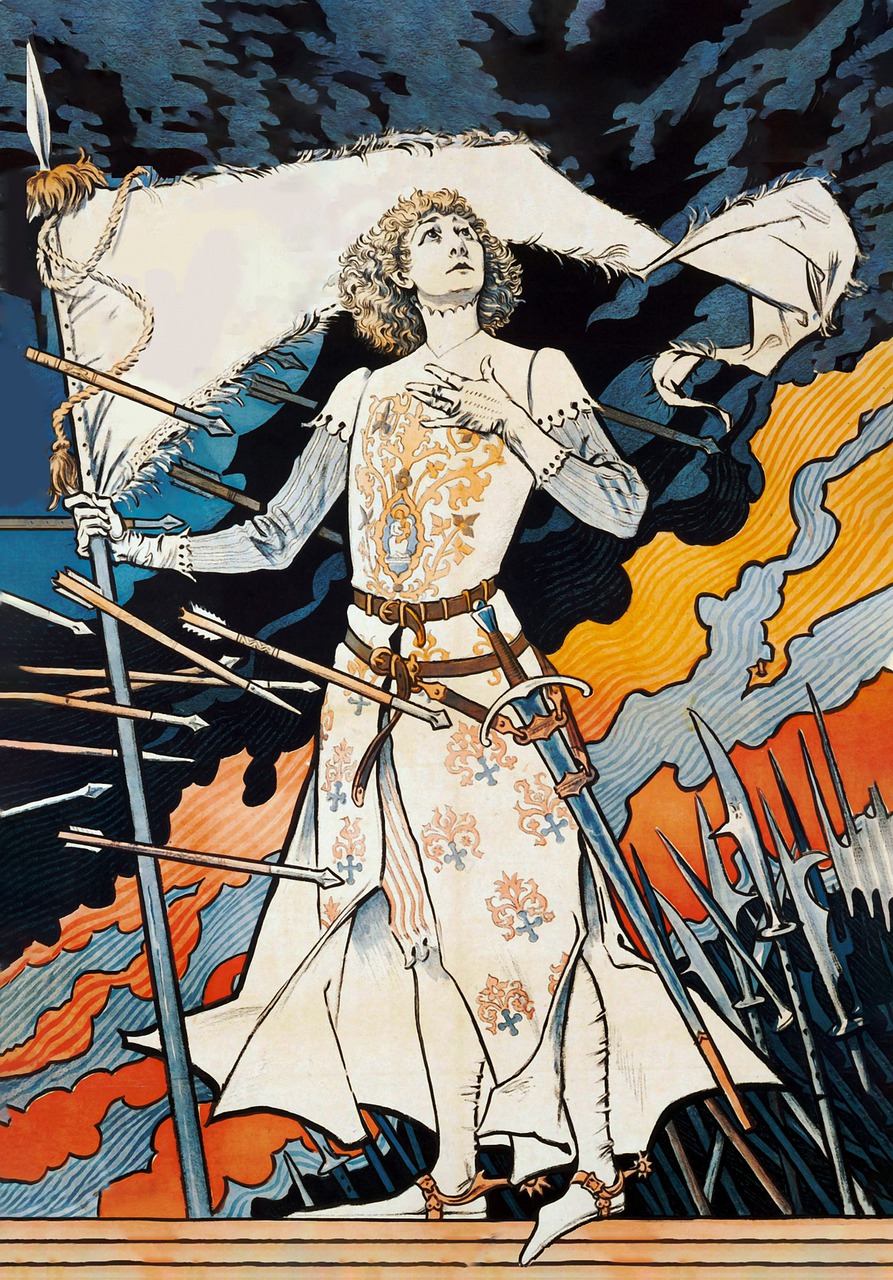
On This Day: April 29
On April 29, 1862, Union forces dealt a major blow to southern Confederates by taking control of New Orleans. Ironically, this is the very same day that Joan of Arc besieged its namesake, Orléans, in 1429. What makes Joan’s achievement much more impressive is that she was a 17-year-old French peasant girl. The Hundred Years’ War had begun in 1337 over who would become the next king of France. Joan approached the eldest heir, Charles, insisting on having received messages from “God,” and convinced him to let her lead his troops. She won several important victories, but was eventually captured by the English and sentenced to death by fire for the heresy of wearing men’s clothes and claiming spiritual visions.

On This Day: April 30
As April ends and May begins, so too did many enduring legacies conclude or commence on this date throughout history. In 311 A.D., Roman Emperor Galerius put a stop to the persecution of Christians. Exactly four hundred years later, Islamic troops crossed into Spain, where they would rule for the next eight centuries. George Washington was inaugurated as the first U.S. president on April 30, 1789, and the Louisiana Purchase doubled the country’s size in 1803. On this day in 1945, Adolf Hitler committed suicide, and Saigon fell thirty years after, ending the Vietnam War. Mr. Potato Head became the first toy advertised on television in 1952, and the World Wide Web launched publicly, connecting information systems worldwide since 1993.